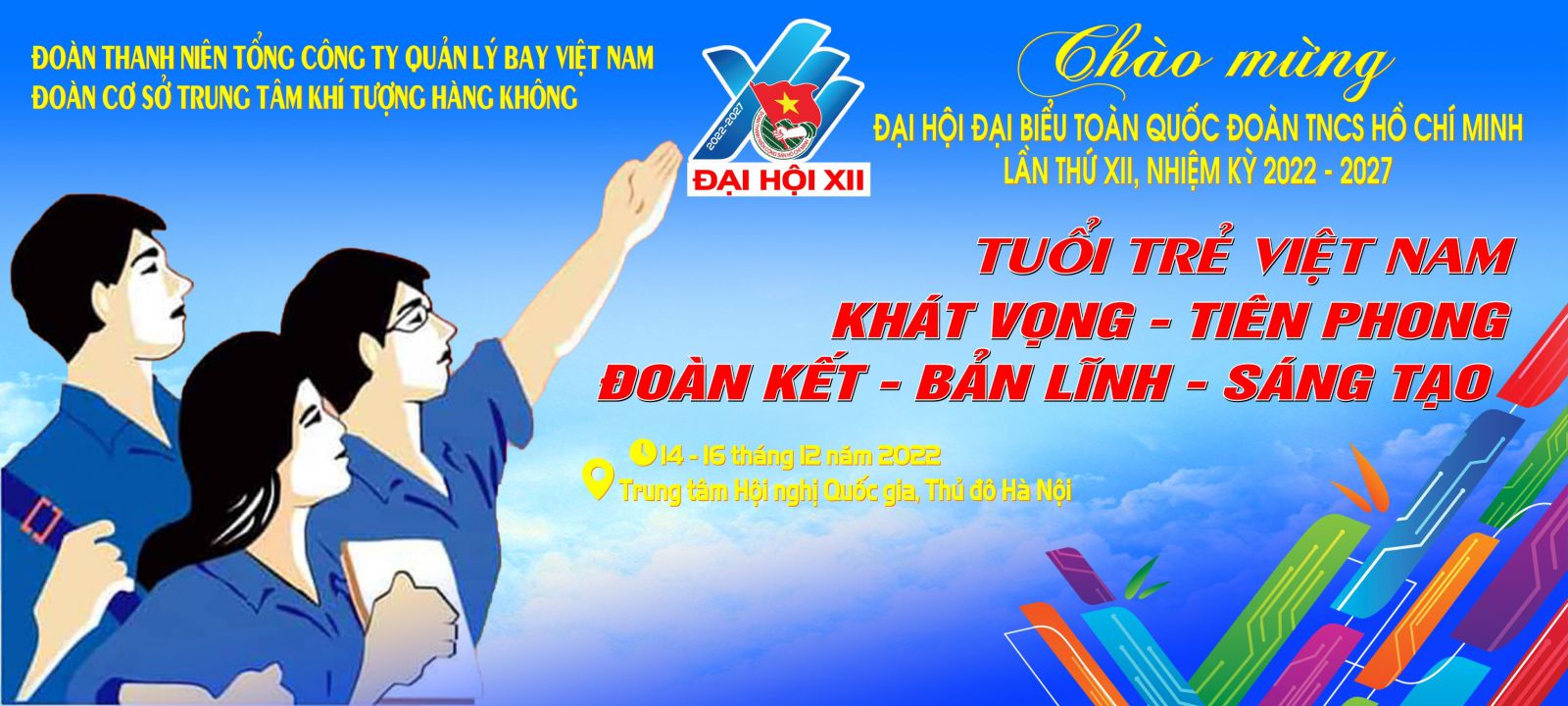Duolingo's Shift To AI: Impact On Contract Workers And The Language Learning Industry

Table of Contents
AI's Enhanced Role in Duolingo's Language Courses
AI is rapidly transforming Duolingo's language courses, leading to significant improvements in both the learning experience and the efficiency of content creation.
Personalized Learning Experiences
AI algorithms are revolutionizing how Duolingo tailors lessons to individual learners. This personalized approach significantly boosts engagement and effectiveness.
- Increased engagement through personalized content: AI analyzes learner data to identify strengths and weaknesses, focusing lessons on areas needing improvement.
- AI-powered progress tracking: The system meticulously monitors progress, adjusting difficulty levels to maintain optimal challenge and prevent frustration.
- Adaptive difficulty levels: Lessons dynamically adjust in difficulty based on real-time performance, ensuring a continuous learning curve.
- Focus on learner weaknesses: AI pinpoints recurring errors, providing targeted practice and feedback to address specific weaknesses.
AI analyzes various data points – response times, accuracy rates, and even the patterns of mistakes – to craft a uniquely tailored learning path for each user. For example, if a learner struggles with verb conjugations, the AI will prioritize exercises focused on this grammatical area. This personalized approach ensures that learners are challenged appropriately and efficiently master the material.
Automated Content Creation & Curriculum Development
AI is not only personalizing the learning experience but also streamlining the creation and updating of Duolingo's vast library of courses.
- Faster content creation: AI assists in generating exercises, translating texts, and creating quizzes, dramatically accelerating content development.
- Potential for more frequent course updates: AI enables quicker updates and improvements to existing courses, keeping the content fresh and relevant.
- Cost reduction for Duolingo: Automation reduces the reliance on a large team of human content creators, leading to potential cost savings.
- Maintaining course quality with AI assistance: While AI assists in content creation, human oversight is crucial to maintain accuracy and pedagogical soundness.
AI tools can generate various types of exercises, such as multiple-choice questions, fill-in-the-blank exercises, and even more complex tasks like sentence translation. This automation significantly increases the speed at which new content can be created and existing courses updated, leading to a richer and more dynamic learning experience. However, human editors and linguists still play a vital role in ensuring the quality and accuracy of the AI-generated content.
The Impact on Duolingo's Contract Workers
The increasing role of AI in Duolingo's operations raises crucial questions about the future of its contract workforce.
Reduced Need for Human Content Creators & Moderators
The automation of content creation and moderation processes has the potential to displace human workers.
- Job displacement concerns: AI-driven automation could lead to reduced demand for human translators, editors, and content moderators.
- Potential need for retraining contract workers: Workers may need to acquire new skills to remain relevant in a rapidly changing job market.
- Impact on income for freelance linguists: Reduced demand for human labor could negatively affect the income of freelance linguists and content creators.
- Ethical considerations of AI replacing human jobs: The displacement of human workers raises ethical questions about the responsibilities of companies using AI for automation.
While AI can automate many tasks, the human element remains crucial. However, a shift towards roles requiring AI-related skills is inevitable, leading to a need for reskilling and upskilling initiatives to support affected workers.
Shifting Skill Requirements
The changing landscape requires contract workers to adapt and develop new skill sets.
- Increased demand for AI-related skills: Proficiency in data annotation, AI model training, and AI-assisted language learning tools becomes increasingly important.
- The need for data annotation expertise: High-quality data is essential for training AI models; thus, data annotation skills are highly sought after.
- Opportunities in AI-assisted language learning: New roles focusing on human-AI collaboration in content creation and refinement are emerging.
- Importance of adaptability in the workforce: The ability to adapt to new technologies and learn new skills is critical for success in this evolving environment.
The future of work in the language learning industry will likely involve a synergistic relationship between humans and AI. Workers who can effectively leverage AI tools and contribute uniquely human skills, such as nuanced understanding of language and culture, will be in high demand.
Broader Implications for the Language Learning Industry
Duolingo's AI integration has far-reaching implications for the entire language learning industry.
Increased Accessibility & Affordability
AI-powered language learning tools have the potential to make language education more accessible and affordable.
- Lower cost of development and delivery: AI can significantly reduce the costs associated with creating and delivering language courses.
- Potential for free or low-cost language learning resources: AI could enable the creation of free or low-cost language learning platforms, increasing accessibility for learners worldwide.
- Increased availability of language courses globally: AI can facilitate the creation and dissemination of language courses in under-served regions.
AI can help overcome the barrier of high costs associated with traditional language education, making language learning more democratic and accessible to a wider global audience.
Competition & Innovation
AI is fundamentally reshaping the competitive landscape of the language learning industry.
- Increased competition among language-learning apps: Companies are investing heavily in AI to improve their platforms and gain a competitive edge.
- The emergence of new AI-powered tools: The market is seeing the emergence of innovative AI-powered language learning tools and platforms.
- Innovation in language learning methodologies: AI is driving innovation in language learning methodologies, resulting in more engaging and effective learning experiences.
- Potential for consolidation in the market: As the industry evolves, we may see consolidation, with larger players acquiring smaller companies specializing in AI-powered language learning technologies.
The language learning landscape is becoming increasingly dynamic, with AI driving innovation and competition. This increased competition benefits learners, who have access to a wider range of high-quality, innovative language learning resources.
Conclusion
Duolingo's increasing reliance on AI presents a complex scenario. While offering personalized learning experiences and potential cost savings, it simultaneously raises serious concerns about the displacement of contract workers and the broader implications for the language learning industry. The future will likely see a blend of human expertise and AI capabilities, requiring adaptation and strategic planning from both Duolingo and the individuals involved. The question remains: how can the language learning industry leverage AI's potential while mitigating its negative impacts on the workforce? Continued attention to responsible AI implementation and workforce development is crucial to ensure that the benefits of this technology are shared equitably. Understanding the evolving role of AI in Duolingo and the wider language learning sector is paramount for both learners and professionals alike. Embrace the future of AI in language learning and adapt to the changing landscape to thrive in this innovative space.

Featured Posts
-
 Pakstan Myn Ywm Ykjhty Kshmyr Ky Tqrybat Tfsyly Rpwrt
May 01, 2025
Pakstan Myn Ywm Ykjhty Kshmyr Ky Tqrybat Tfsyly Rpwrt
May 01, 2025 -
 Giai Bong Da Thanh Nien Thanh Pho Hue Lan Thu Vii Thong Tin Ve Doi Vo Dich
May 01, 2025
Giai Bong Da Thanh Nien Thanh Pho Hue Lan Thu Vii Thong Tin Ve Doi Vo Dich
May 01, 2025 -
 Kampen Start Kort Geding Tegen Enexis Over Elektriciteitsaansluiting
May 01, 2025
Kampen Start Kort Geding Tegen Enexis Over Elektriciteitsaansluiting
May 01, 2025 -
 La Flaminia Sale In Classifica Dal Quinto Al Secondo Posto
May 01, 2025
La Flaminia Sale In Classifica Dal Quinto Al Secondo Posto
May 01, 2025 -
 Analysis The Spds Transition To A Supporting Role In Germanys Coalition
May 01, 2025
Analysis The Spds Transition To A Supporting Role In Germanys Coalition
May 01, 2025
